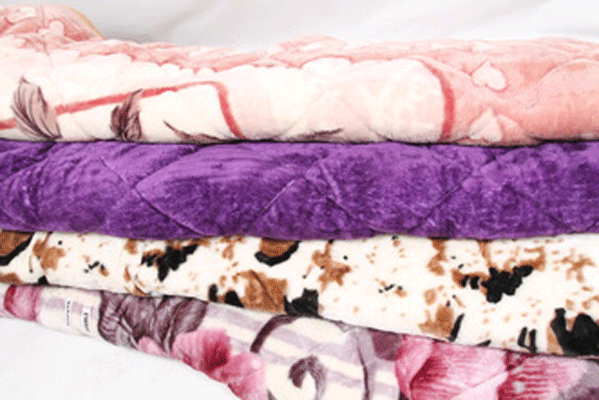Harare, Zimbabwe July 05, 2024 — Zimbabwe’s textile and blanket manufacturing sector is facing unprecedented challenges due to rampant smuggling activities, which have created an uneven playing field for local producers.
Smugglers, who bypass customs duties and import regulations, are flooding the market with cheaper, often substandard goods, making it nearly impossible for domestic manufacturers to compete.
Manufacturers of textile fabrics and blankets, once a thriving industry in Zimbabwe, are now grappling with declining sales and shrinking profit margins, leading to a reduction of employment.
Also read: Chinese businesswoman lodges complaint over ZACC Bulawayo investigation officer
“We are under severe pressure,” says an owner of a Harare-based textile factory. “Our locally produced goods are of high quality, but the influx of smuggled products sold at a fraction of the cost is driving us out of business.”
The consequences of this unfair competition are far-reaching. Local manufacturers are forced to cut costs, often leading to layoffs and reduced production capacity. This, in turn, affects the entire supply chain, from cotton farmers to retail workers, exacerbating unemployment and economic instability in the country.
Moreover, the smuggling epidemic is depriving the government of much-needed revenue from import duties and taxes. These funds are crucial for infrastructure development and public services, meaning the broader population suffers as well.
“Smuggling is not just a problem for businesses; it’s a national issue also affecting employment levels,” says the Zimbabwe Workers Textile Union. “It drains resources and undermines efforts to build a sustainable economy.”
In addition to economic disadvantages, the prevalence of smuggled goods often means lower quality and safety standards, posing risks to consumers. The lack of regulatory oversight on these products can lead to health and safety hazards, further complicating the issue.
Efforts to combat smuggling have been hampered by corruption and inadequate enforcement mechanisms. However, industry leaders are calling for more stringent measures and greater governmental support to level the playing field.
“We need stronger border controls and harsher penalties for smugglers,” asserts Mr. Huni (Secretary general, Zimbabwe Textile Manufacturers Association “Only then can we hope to revive our local industries and ensure fair competition.”
As Zimbabwe navigates these turbulent times, the resilience and innovation of its manufacturing sector will be crucial. But without decisive action to curb smuggling, the future remains uncertain for one of the country’s most vital industries.
For comments, Feedback and Opinions do get in touch with our editor on WhatsApp: +44 7949 297606

For comments, Feedback and Opinions do get in touch with our editor on WhatsApp: +44 7949 297606.
